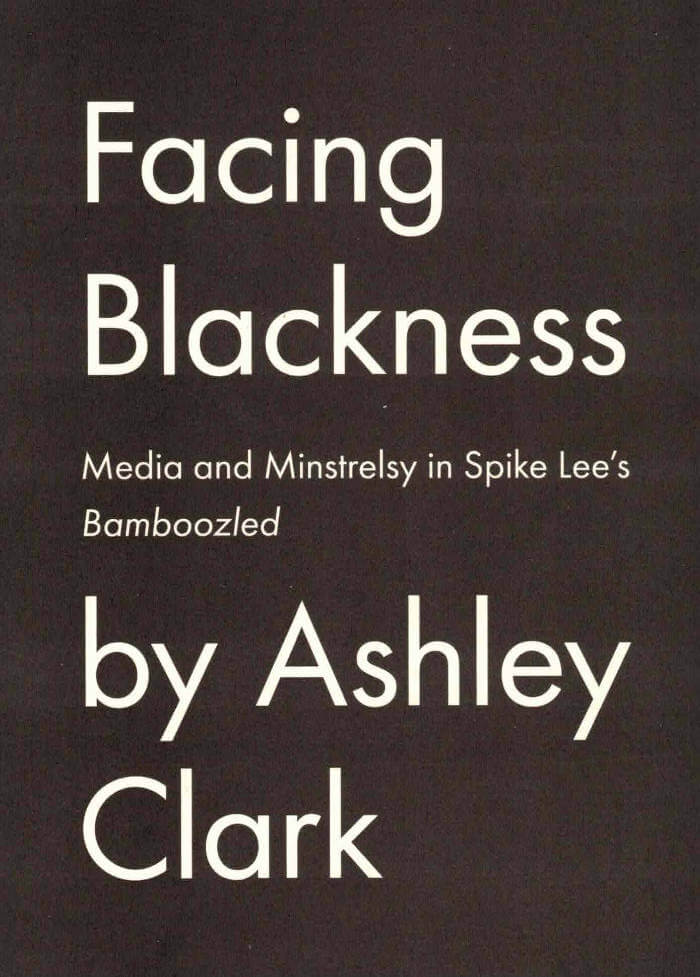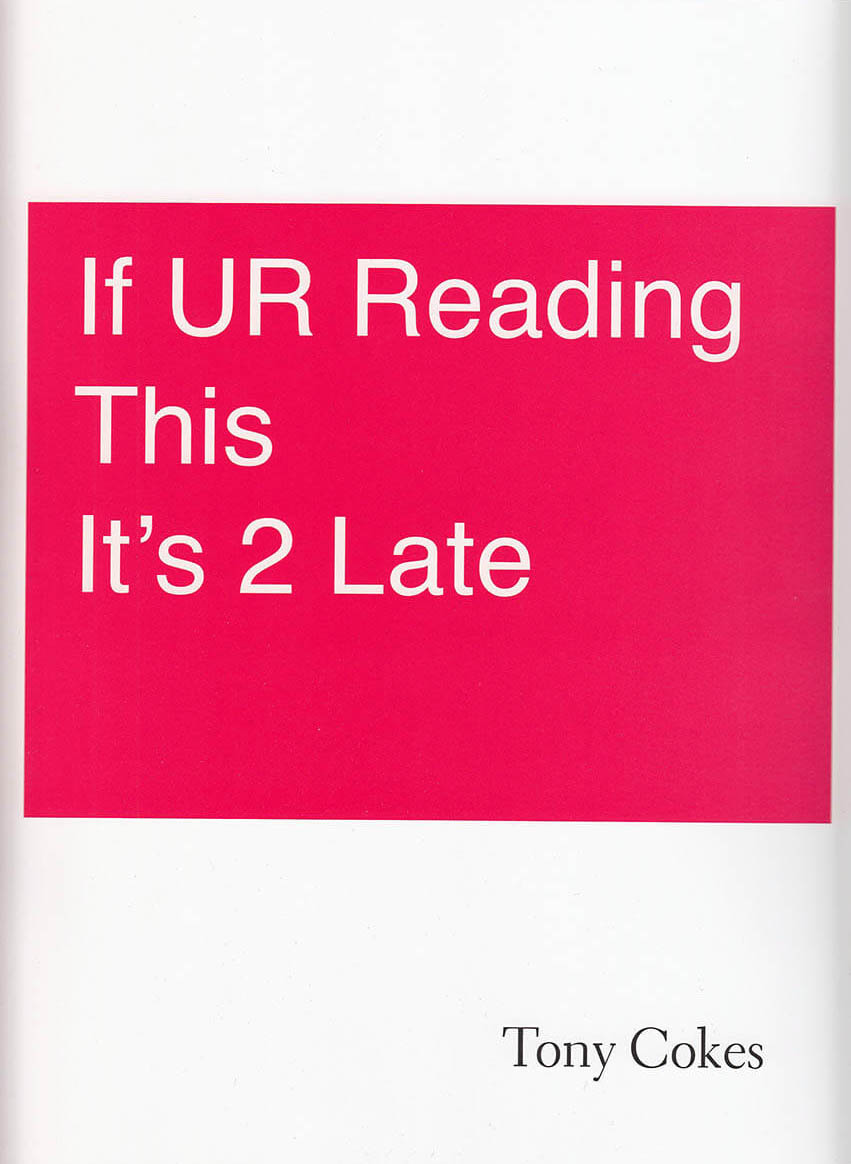
The Films of Laura Mulvey and Peter Wollen
Oliver Fuke ed.
This collection of Laura Mulvey and Peter Wollen's film scripts vividly evokes the close connection between their influential work as theorists and their work as filmmakers. It includes scripts for all six of Mulvey and Wollen's collaborative films, Wollen's solo feature film, Friendship's Death (1987), and Mulvey's later collaborations.
Each text is followed by a new essay by a leading writer, offering a critical interpretation of the corresponding film. The collection also includes Wollen's short story Friendship's Death (1976), the outlines for two unrealised Mulvey and Wollen collaborations, and a selection of scanned working documents. The scripts and essays collected in this volume trace the historical significance of a complex cinematic project that brought feminist, semiotic and psychoanalytic concerns together with formal devices and strategies.
The book includes original contributions from Nora M. Alter, Kodwo Eshun, Nicolas Helm-Grovas, Esther Leslie, Laura Mulvey, Volker Pantenburg, Griselda Pollock, B. Ruby Rich and Sukhdev Sandhu.




